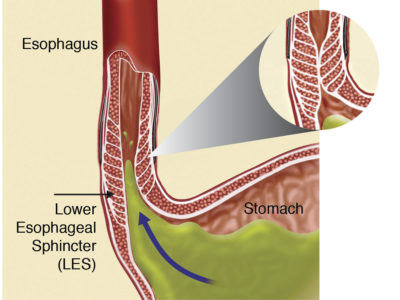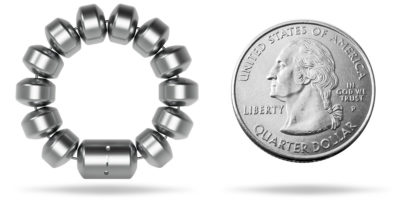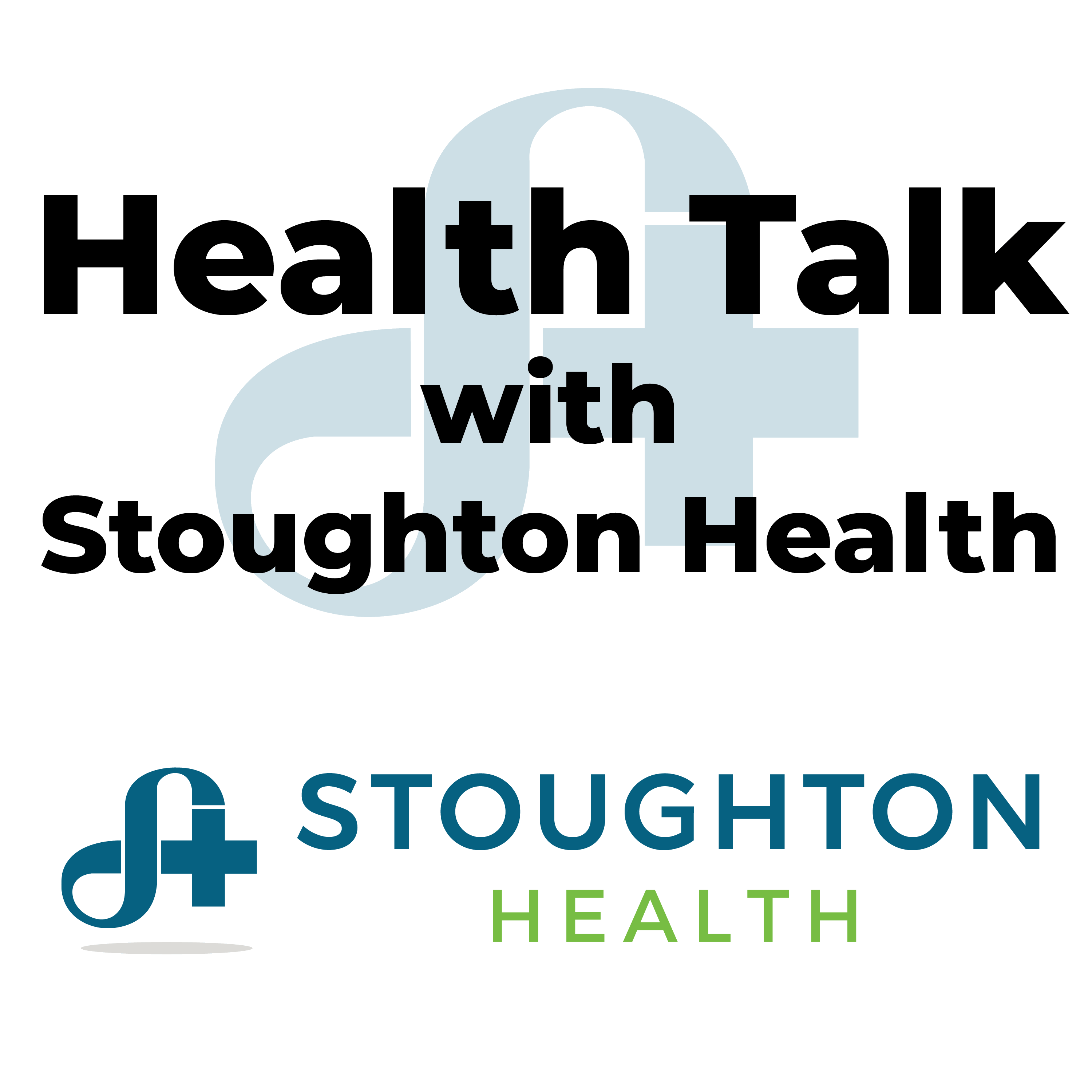GERD Treatment
Stoughton Hospital
900 Ridge Street
Stoughton, WI 53589
Call for an Appointment Today!
(608) 873-2266
GERD Treatment

Aaron Schwaab, MD
Board Certified General Surgeon
Dr. Aaron Schwaab now offers a minimally invasive LINX treatment for gastroesophageal reflux disease (GERD). Please click here to see Dr. Schwaab’s video explaining the LINX procedure. For additional information from the manufacturer of the LINX device, please click here.
Antacids and other medication may reduce GERD symptoms, however studies suggest long-term use of GERD medication might be risky. Beyond the risks of long-term proton-pump inhibitor (PPI) use, about 40 percent of GERD sufferers continue to have symptoms while taking medication for GERD, according to a study by the American Gastroenterological Association Institute.
Contact Us
To learn more about the LINX procedure or to make an appointment with Dr. Schwaab, please call the Stoughton Health General Surgery Clinic at (608) 873-2266.
What is GERD?
Gastroesophageal reflux disease is a chronic digestive disease in which acid and bile flow back from the stomach into the esophagus, creating pain and often causing damage to the lining of the esophagus.
GERD is caused by a weak muscle called the lower esophageal sphincter (LES). Normally the LES acts like a one-way valve, allowing food and liquid to pass through to the stomach, but preventing stomach contents from flowing back into the esophagus.
How LINX Works
The new LINX Reflux Management System works to stop reflux at its source. Using a minimally invasive laparoscopic surgical technique, Dr. Schwaab will position the FDA-approved device around the esophagus just above the stomach. The quarter-sized flexible band of magnetic titanium beads strengthens the body’s natural barrier against acid reflux while allowing food and liquid to easily pass through when swallowing. The magnets open to allow food and liquid down, then close to prevent stomach contents from moving up, stopping acid reflux at the source. The surgery is performed under general anesthesia and takes about an hour. The LINX system begins working immediately, and patients generally go home the same day or the next.
Key Features of LINX Surgery for GERD
- Precise procedure restores reflux barrier
- Preserves the ability to belch and vomit
- Reduces or eliminates dependence on medication
- Reduces gas and bloating
- No alteration to gastric fundus
- Removable
- Does not limit future treatment options
In people with reflux disease, the lower esophageal sphincter is weak, allowing acid and bile to flow back from the stomach into the esophagus.
The LINX device is about the size of a quarter.

Who is a Candidate for the LINX Procedure?
- GERD patients who are not adequately treated with medications
- GERD patients who are concerned about long-term use of PPIs
Health Talk Podcast

Welcome to Stoughton Health Talk
 Antacids and other medication may reduce GERD symptoms, however studies suggest long-term use of GERD medication might be risky.
Antacids and other medication may reduce GERD symptoms, however studies suggest long-term use of GERD medication might be risky.
Aaron Schwaab, MD, now offers the minimally invasive LINX procedure, which is an effective solution for reflux and may end your long-term dependence on medication. Dr. Shwaab discusses the uncomfortable symptoms of GERD, and how the LINX procedure can help.
GERD Community Education Presentation
Patient Stories

Bob Bonebright
Patient Finds Relief After 30 Years
Bob Bonebright had given up on feeling good. For 30 years he dealt with extreme discomfort from acid reflux. “It didn’t matter what I ate, I ended up miserable.” Bob missed out on activities and events, not feeling well enough to participate. “It was so bad sometimes, I felt like I couldn’t breathe,” Bonebright shares. “Medication wasn’t very helpful and I had seen other doctors with no relief.”
Then a friend shared information about a presentation on a new procedure for GERD (acid reflux) offered by Dr. Aaron Schwaab at Stoughton Hospital. The LINX procedure offered new hope for many people suffering from acid reflux. Bonebright liked what he heard and scheduled an appointment with Dr. Schwaab. He was happy to hear he qualified for the LINX procedure.
Based on Bonebright’s symptoms, Dr. Schwaab was also concerned about Bonebright’s gallbladder. Patients with acid reflux don’t typically also have gallbladder issues but in this case, it was a problem.
Bonebright went ahead with the gallbladder surgery and felt about 60% better, which was amazing after so many years of discomfort. After healing from the gallbladder surgery, Bonebright then had the LINX procedure. He has found even more relief “having many, many better days.” And according to Dr. Schwaab, symptoms can continue to improve for up to six months after surgery.
Bonebright is optimistic about his future and is incredibly grateful to Dr. Schwaab for his improved quality of life. “Dr. Schwaab is an amazing surgeon and I recommend both him and the LINX procedure to anyone.”
Other Services
Medical Imaging
Lab Services
News & Notes
Stoughton Hospital Foundation Celebrating 50 Years
On Thursday, June 27, the Stoughton Hospital...
Here for You Today, Planning for Tomorrow Stoughton Health Outpatient Center Campaign
Stoughton Hospital Foundation received a...
Stoughton Health Partners with AHEC Intern Program
Stoughton Health is pleased to announce its...

